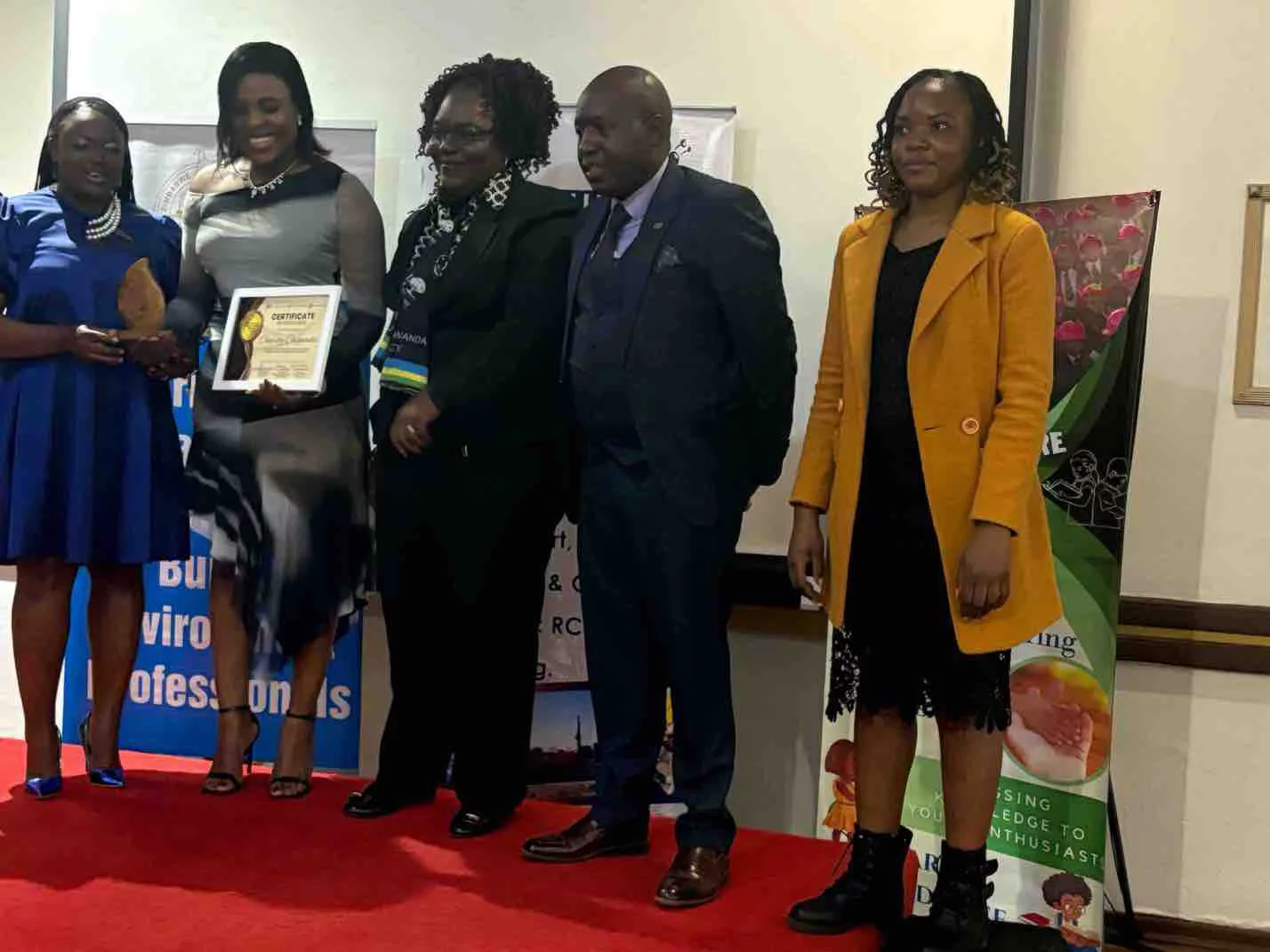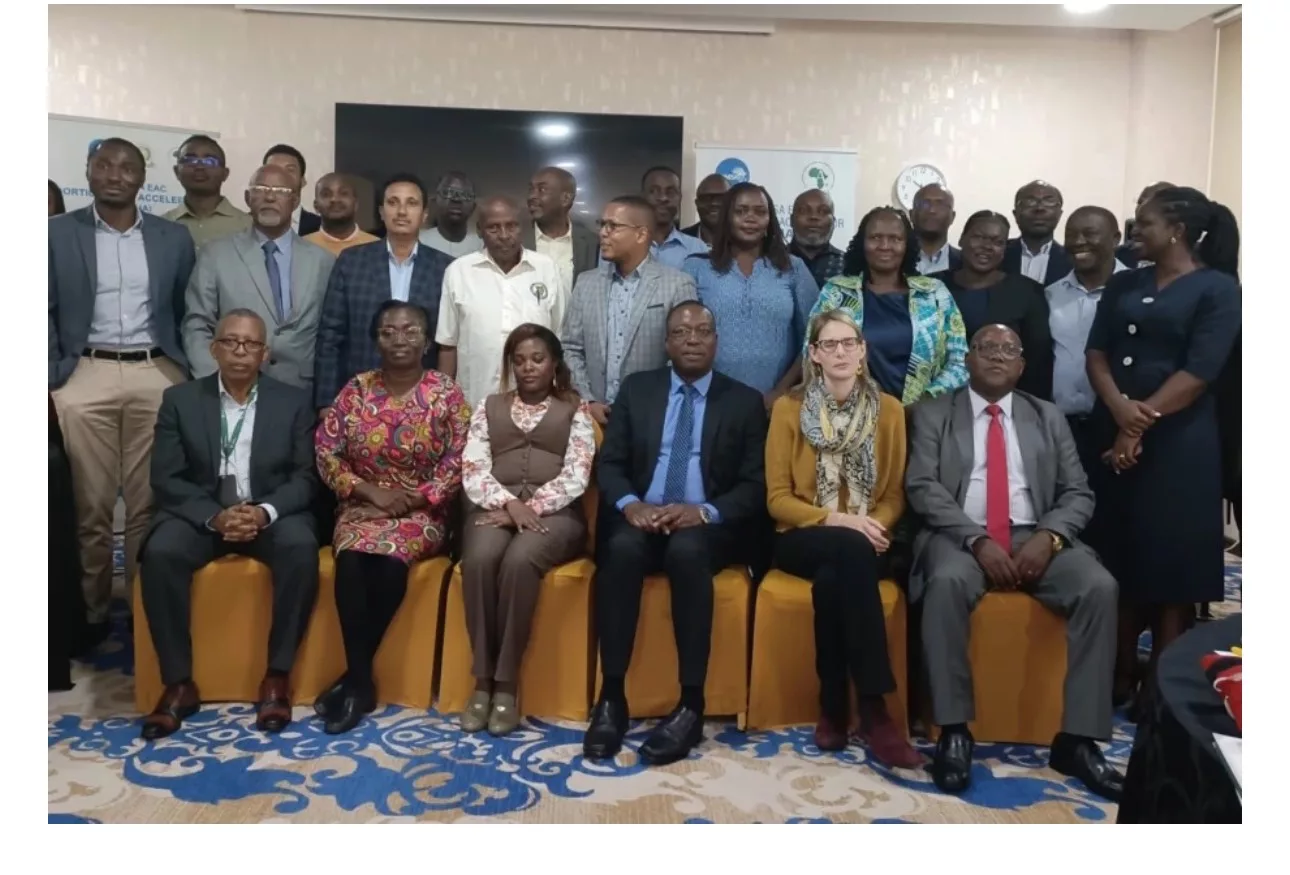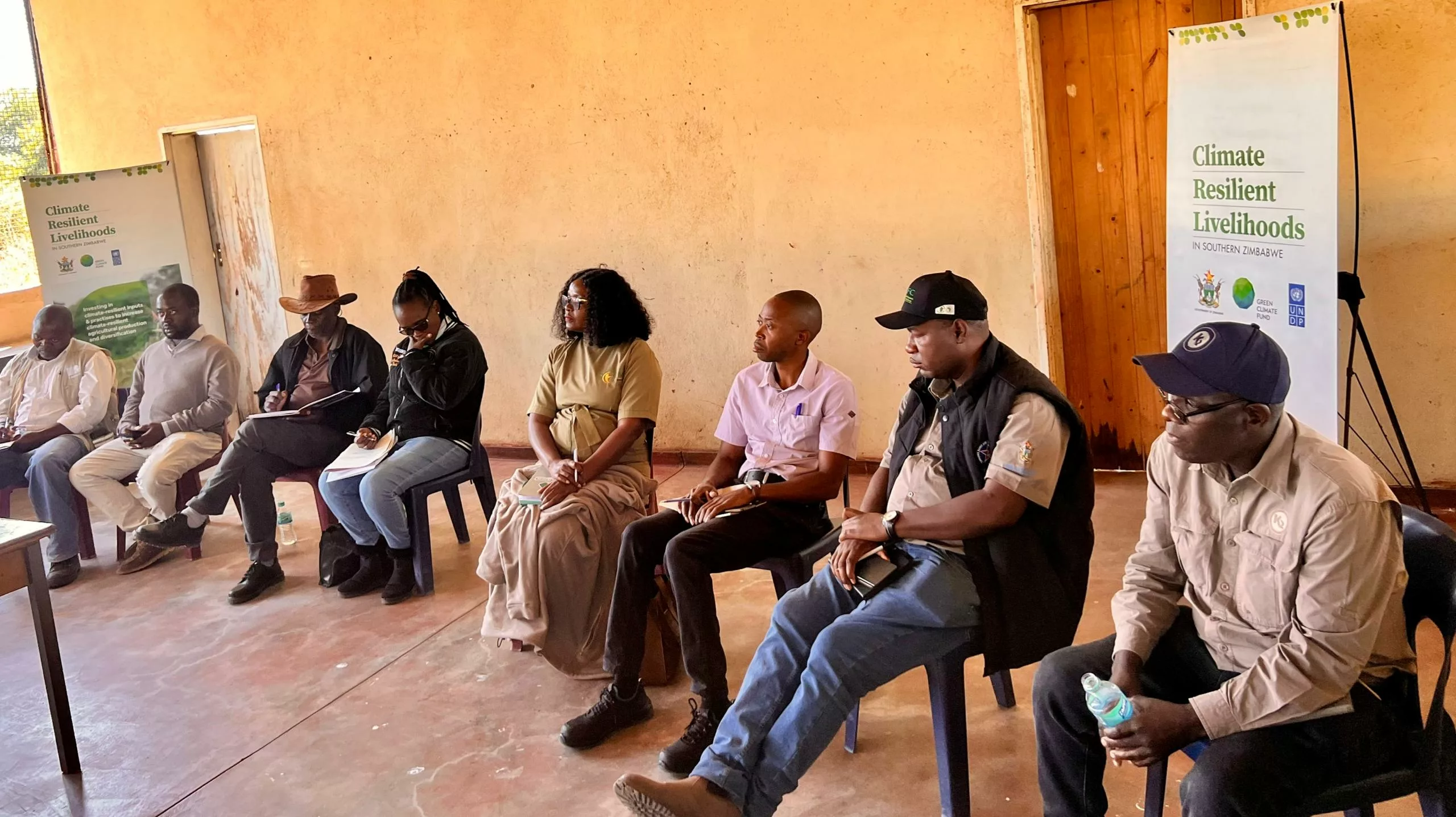By Joyce Mukucha
In a bid to strengthen the ability of African Union Member States to respond to in-country outbreaks and epidemics, reducing pathogens potential spread within and across national borders through better risk analysis, country preparedness, and improved planning and response, the African Risk Capacity (ARC) is preparing to launch an Outbreaks and Epidemics (O&E) product which will integrate models being conducted to combat coronavirus.
The full product disease suit which is expected to commence in 2021 has the insurance cover for four diseases which include Coronavirus, Ebola, Marburg, Meningitis and Lassa fever.
The programme recognises the growing challenge faced by African Union Member States in addressing the risks posed by public health emergencies and aims to add a new parametric insurance product to the ARC portfolio. Thus, the programme is aimed at providing funds linked to operational contingency plans ensuring early and efficient action.
It also intends to reduce over-reliance on external donor support through early intervention and slow the spread of an outbreak, allowing enough time for global initiatives and mechanisms to contribute to the ongoing national responses.
Taking into consideration that the world is going through the unprecedented time of COVID-19, to have deep insight on the roles the agency is playing in helping to fight the pandemic, one of Spiked Online Media reporters, Joyce Mukucha conducted an exclusive interview with the ARC Chief Executive Officer, Lesley Ndlovu who is in Nairobi, Kenya.
He told Spiked Online Media that the agency does not have an active presence on the frontlines, but was in the two pilot countries, Guinea and Uganda contributing to strategic and operational activities in the COVID-19 response through the O&E technical working groups based in countries.
“The O&E product is developed but not yet launched. ARC is not actively on the frontline but contributes to strategic and operational guidance to the response in its member states. We are also actively involved in the national response efforts of Uganda and Guinea,” said Ndlovu.
Asked about the aggressive preventive measures and strategic approaches in fighting the spread of Coronavirus, Ndlovu said it was imperative for nations to abide with the commendations of the World Health Organisation(WHO) and Africa Centre for Disease Control (CDC) to strengthen their public pillars.
“Our advice to countries is to follow the recommendations of the World Health Organisation and Africa CDC to strengthen their public pillars. These include active testing and improving laboratory functions for rapid results, contact tracing and surveillance of suspected cases, treatment of confirmed cases and implementation of social distancing including lockdowns when deemed necessary,” he said.
He added that ARC was collaborating with Africa CDC and other partners to model the impact of COVID-19 on African countries. The model will provide continuous monitoring and forecasting of the disease progress to inform ARC member states and interested stakeholders.
The agency is also focusing on building a web-based decision support tool to simulate the expected impact of different public health interventions.
“The tool will be a simple interface allowing non-expert users to run the model and visualize the results. The tool will include also access to COVID-19 case statistics reported by countries with a daily update, presented with easy to read and understand infographics (including maps),” he said.
Concerning the level of preparedness and vulnerability of African countries in light of COVID-19 and their capacity to absorb the pandemic, he highlighted that the WHO’s Joint Evaluation shows a mixed bag of different levels.
However, it is from what is happening that all African countries have to take this pandemic seriously and have put in place robust response actions which have contributed to the low numbers of COVID-19 in Africa.
During the difficult times the world is going through, Ndlovu stressed that there are two important aspects of this challenge that countries must focus on; that is public health response and economic recovery programmes.
“The objective of the public health response is to save lives and ensure population welfare, including mental health. Efforts must include coordinated and efficient action for testing and improve laboratory functions for rapid results, contact tracing and surveillance of suspected cases, treatment of confirmed cases and implementation of social distancing,” he said.
The economic recovery programmes, he pointed out, must aim to support the most vulnerable and revive the economy. Actions, he said, must include ensuring food security, support families and livelihoods, loans for small and medium businesses and stimulus package for economic recovery.
In 2014/15, a single Ebola outbreak in West Africa resulted in over 11,000 deaths in Guinea, Sierra Leone and Liberia with an estimated overall economic impact of USD 2.8 billion in the countries. Much of human and economic devastation that arose from this outbreak was attributed to slow and insufficient response, which in part is attributable to the absence of adequate funds availed in time.






